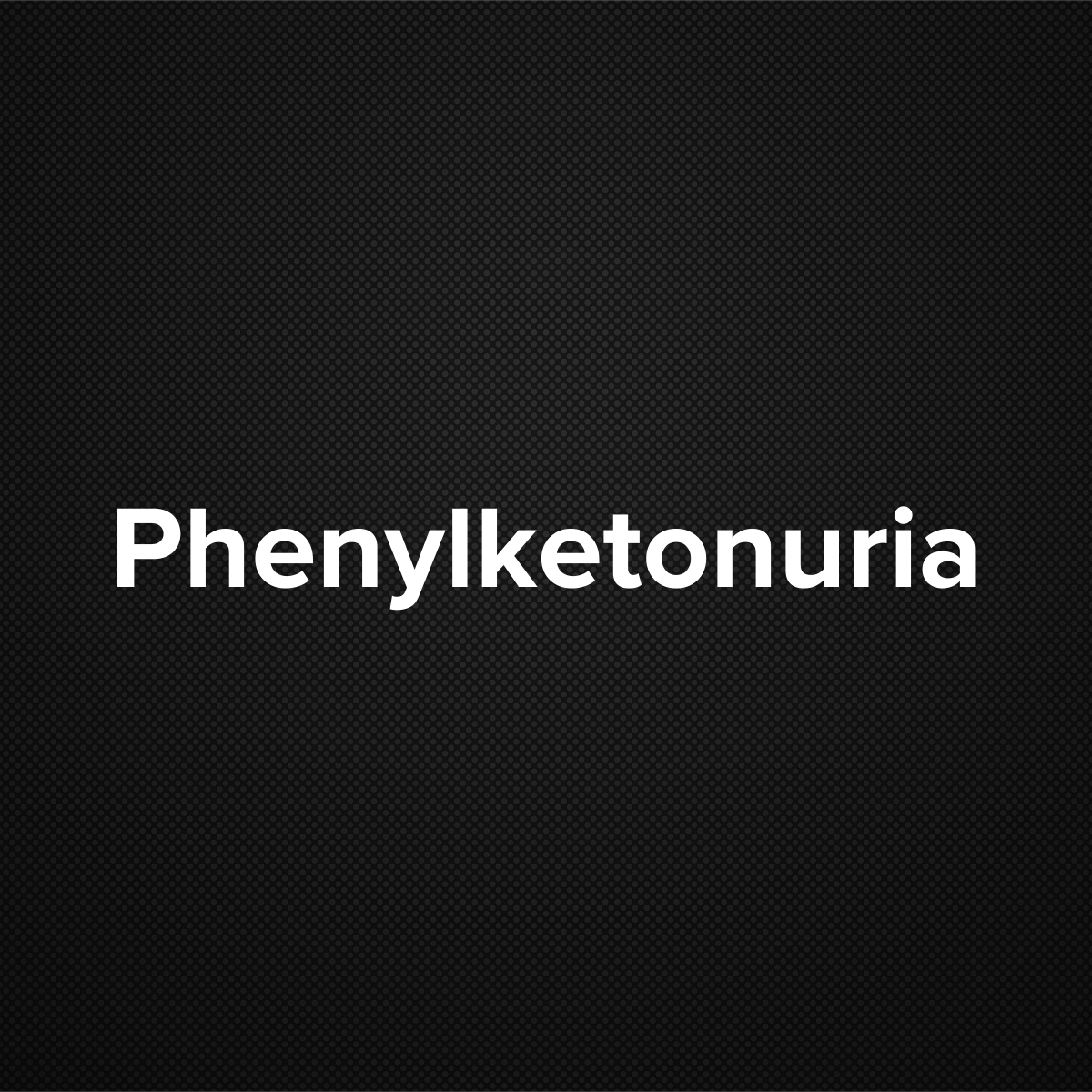Causative & risk factors
Phenylketonuria is an autosomal recessive disorder. Thus a person must inherit the defective gene from both the parents in order to develop this condition.
Meat, nuts, milk and cheese contain high levels of phenylalanine; which goes on building up in the body causing various symptoms.
Clinical presentation
Phenylketonuria affects mainly the brain and central nervous system. Newborns with this condition usually do not develop any symptoms initially. But as the levels of phenylalanine in the body go on rising, various symptoms start manifesting. The child may be extremely hyperactive or have behavioral problems. Some children may be mentally retarded. The physical growth may be stunted. The size of the head may be very small (microcephaly). The patient may have tremors or seizures. Excessive accumulation of phenylalanine can cause a characteristic musty odor from the child’s body. Due to lack of melanin, the skin color may be very fair.
Investigations
The child’s blood is tested for presence of phenylalanine. If phenylketonuria is present, then additional blood and urine tests are carried out.
Treatment
People with phenylketonuria need to make changes in their diet and stick to it throughout their life. The following foods are restricted: milk, cheese, chicken, beef, pork, fish, nuts, soybean, eggs and other high protein foods. Many foods contain protein in smaller amounts and hence it becomes necessary to monitor their intake too. One must stick to a carefully planned diet by a dietician. For infants with PKU, special formulas are available which are devoid of phenylalanine.
Recent updates
Stem cell therapy is under investigation for patients with PKU.






























